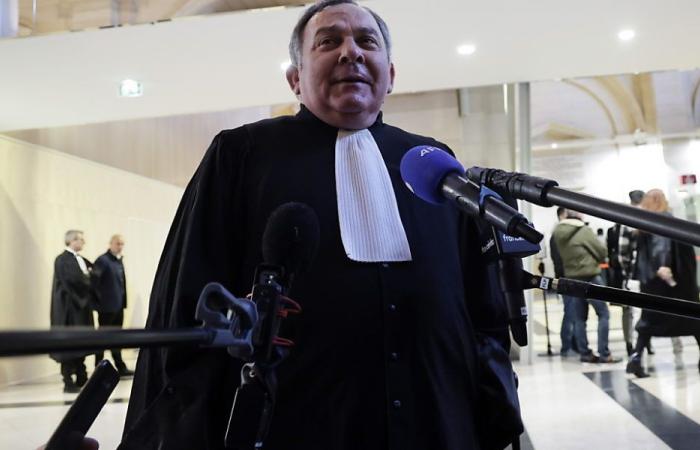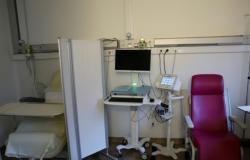
The trial of eight adults accused of having contributed to the hate campaign which led to the assassination of Samuel Paty opened Monday before the special assize court in Paris. This history and geography professor was killed on October 16, 2020, at the age of 47.
The assassin, Abdoullakh Anzorov, a young 18-year-old Russian radical Islamist of Chechen origin, beneficiary of asylum seeker status in France, is notably absent from the trial. He was killed by police shortly after stabbing and beheading the professor in Conflans-Sainte-Honorine, in the Paris region.
The very formal hearing began with verification of the identity of the accused.
Two young friends of the attacker must answer for “complicity in terrorist assassination”, a crime punishable by life imprisonment. The six other defendants, three of whom are under judicial supervision, appear free, are being tried for participation in a criminal terrorist association, a crime punishable by 30 years of criminal imprisonment.
Lies relayed on social networks
Among the accused is Brahim Chnina, a 52-year-old Moroccan, the father of the 13-year-old schoolgirl who falsely claimed – she was absent from class – that Samuel Paty had asked Muslim students to leave his class before showing caricatures of Mohammed. Abdelhakim Sefrioui, a 65-year-old Franco-Moroccan Islamist activist, is also among the accused.
These two men, in pre-trial detention for four years, massively relayed the teenager’s lies on social networks with the aim, according to the prosecution, of “designating a target”, “arousing a feeling of hatred” and “thus prepare several crimes. They are both accused of participation in a terrorist criminal association.
“We are trying to make Abdelhakim Sefrioui pay for all of his activist work” but “he did not know the author” of the attack and did not “participate in it”, said before the hearing one of his lawyers, Me Vincent Brengarth. “It is necessary to resist the call of public opinion,” he added.
Brahim Chnina’s daughter and five other ex-college students were sentenced last fall to sentences ranging from 14 months suspended to two years including six months suspended following a closed trial before the children’s court. .
“Mortal peril”
Anzorov’s two friends, Naïm Boudaoud, 22, and the Russian of Chechen origin Azim Epsirkhanov, 23, who face life imprisonment for complicity in a terrorist assassination, are notably accused of having accompanied Anzorov the day before of the attack in a cutlery factory in Rouen, a town about 130 kilometers west of Paris.
The assassination of Samuel Paty – which occurred in the middle of the trial of the attacks of January 7, 2015 against the editorial staff of the satirical weekly Charlie Hebdo – constituted a shock wave in French society.
“The tragic mechanism which resulted in the martyrdom of Samuel Paty reveals the depth of Islamist entryism in France and its porosity with terrorism. Its exposure in detail in public hearing must not only result in the severe condemnation of those who participated in it , but also to raise awareness in our society facing a mortal danger”, wish Thibault de Montbrial and Pauline Ragot, lawyers for Mickaëlle Paty, one of the sisters of the murdered professor.
Francis Szpiner, lawyer for other members of Samuel Paty’s family, hoped “that justice would live up to the crime that was committed, an unprecedented fact in the history of the Republic”.
The hearing is chaired by Franck Zientara, an experienced magistrate who notably led the trial of the Saint-Etienne-du-Rouvray attack, the assassination of a priest by two radical Islamists near Rouen in 2016.
Trial until December 20
The trial will also be an opportunity to evoke the figure of Samuel Paty, a man “lonely, frightened, in dire straits”, according to the investigating magistrates.
“I am threatened by local Islamists,” he wrote to his colleagues on October 10, 2020, four days after his course on freedom of expression. At no time will the threatened teacher benefit from police protection.
He, who was used to returning home on foot, asked colleagues to take him home by car the four days before his assassination. Except October 16, the day before school holidays, when no motorized teacher is available.
A sad symbol of the feeling of insecurity that inhabited him, a hammer was discovered in his backpack after his assassination.
The trial is scheduled until December 20.
This article was automatically published. Sources: ats / afp





